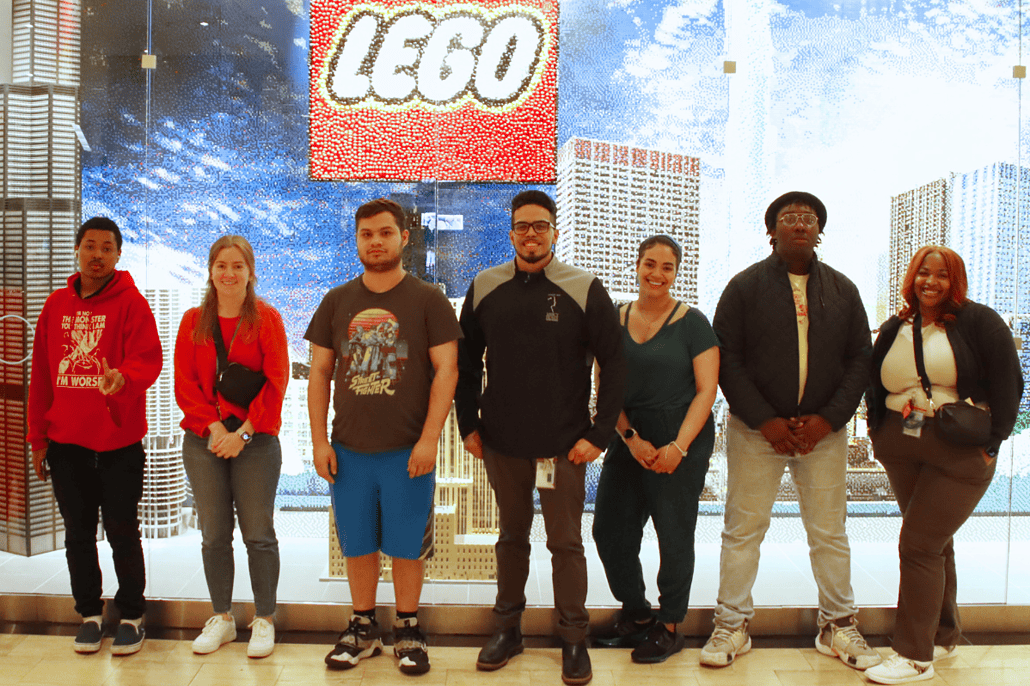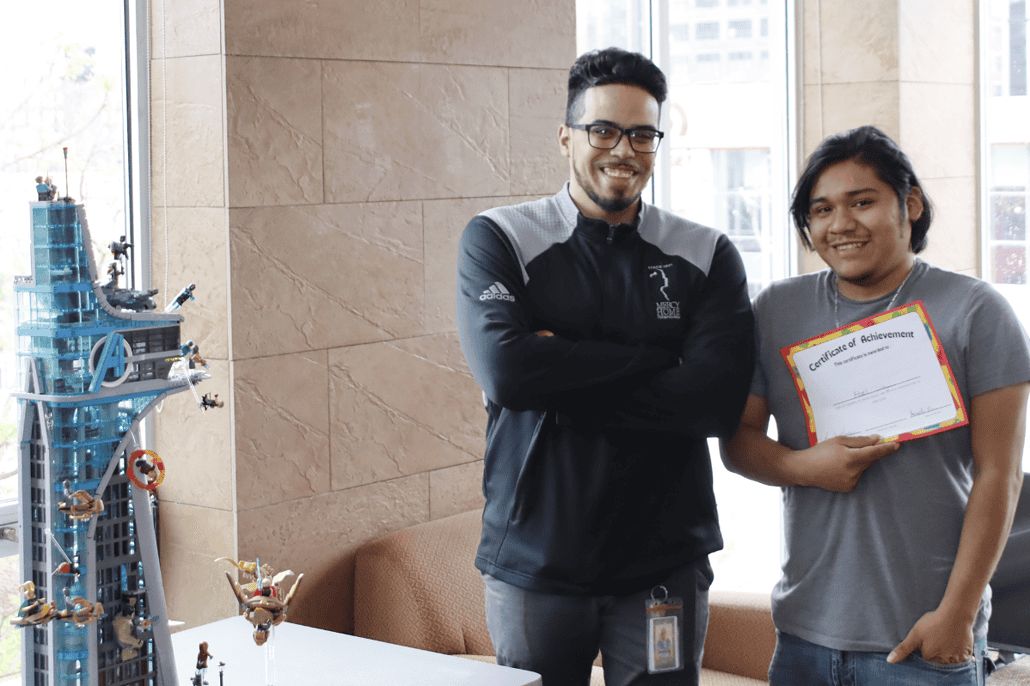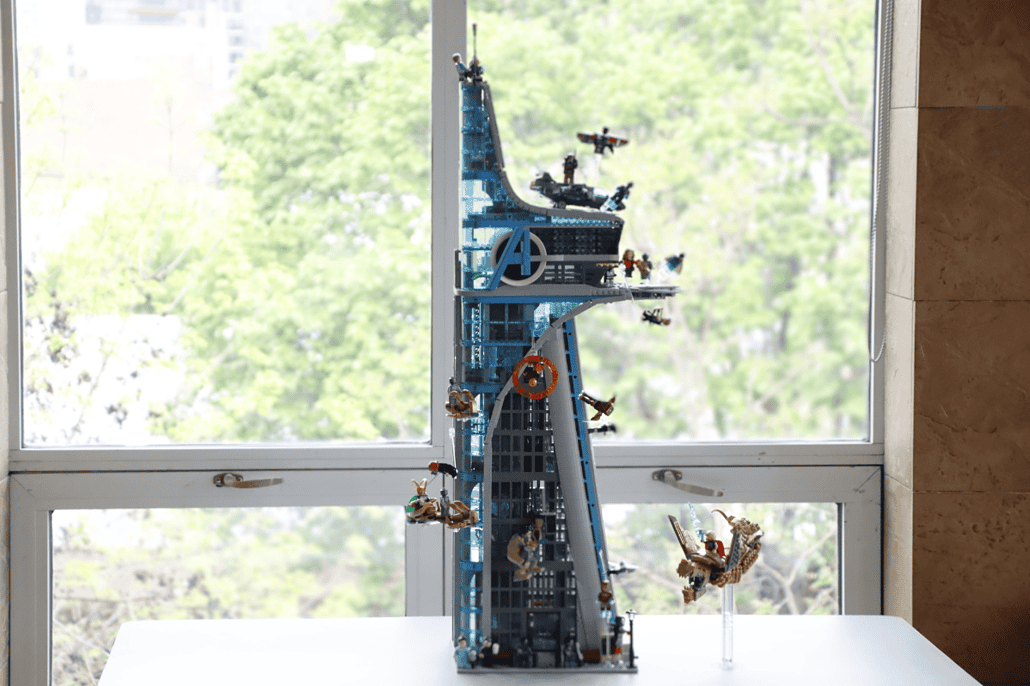Brianna’s Chance To Be Herself
I know it’s hard to imagine, but before coming to our door many of Mercy Home’s children never knew what...
July 1, 2025
June 12, 2024
Mercy Home therapists help our kids manage their stress and heal from past traumas.
But Mercy Home therapist Francisco Adame noticed that some of the young men he counseled had difficulty expressing their emotions in group therapy sessions.

“[For successful] group therapy, you need to have a good connection,” Adame said.
So, he decided to try a new approach by forming a Lego club for our young men.
“I wanted to make something that was interesting and engaging for the kids,” he said.
Adame and three other therapists, Taylor Housing, Lora Skowronski, and Annika Brown followed the Lego-Based Therapy method, a program that uses the colorful plastic building blocks to further social skills development, putting their own spin on it to further connect with our young people. They met weekly for 12 weeks and held check-ins, gave presentations, and then worked together to build Lego creations.
“We built strong camaraderie and connection,” Adame said.
The therapists not only helped the five youth in the club build a 5,000-piece Lego Marvel Avengers Tower, but they also taught them healthy social skills and talked about social norms and cues.
“We were very intentional on practicing [different social skills] in the club,” Adame said. “[And] we talk to them about what the proper way of expressing themselves looks like.”
It also helped that the boys all had something in common—they loved to play with Legos, which allowed them to make meaningful connections and collaborate more effectively. They were able to practice key skills like patience, teamwork, hand-eye coordination, and problem solving. By being able to practice these skills in real time during the club meetings, they were then able to take these skills outside of the group.
During the sessions, the therapists saw improvements in skills and behavior.
“They all expressed how they grew in their social skills,” Adame said. “The therapists saw progress in communication, and teamwork.”
At their last meeting, the young people received certificates for being a part of the club and finishing their project.
Abel, one of the members of the group, shared how much he liked participating.
“[I liked] being able to grow in my skills while doing something I enjoy,” he said.
To finish off the 12 weeks with some fun, the group went to the Lego Store at Chicago’s Water Tower Place to check out the newest Legos on the market.


Lego Club will return for a second session soon, and will take on creating the Daily Bugle building from Spider-Man.
“The boys loved [Lego club]. They are looking forward to the next session,” Adame said. “I’m looking forward to it and so are the other therapists.”
A special thank you to The Nagel Foundation for providing funds for the Legos and supporting our kids.
I know it’s hard to imagine, but before coming to our door many of Mercy Home’s children never knew what...
July 1, 2025
I recently read an interesting article about society’s current “epidemic of busyness.” It explained that nearly all people feel a...
July 1, 2025
At Mercy Home, we stress the importance of giving back to the community. Some of our young men spent a...
June 26, 2025
Comments